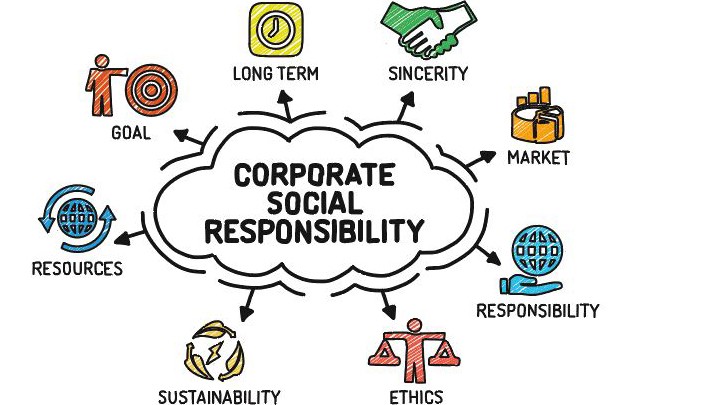US consumers now trust brands more than the government, according to research published by the National Retail Federation.
The finding opens up a wealth of opportunity for retailers looking to connect with a consumer who is increasingly making decisions based on social values.
Here’s what the research found and how it impacts retailers.
Social values matter in a time of uncertainty
The recent study, which was conducted by GfK, highlights how consumer values are shifting in a time of great uncertainty.
COVID-19 coupled with social issues like Black Lives Matter are seeing consumers vote with their wallets when it comes to the brands they trust and choose to buy from.
The study found there was a mounting sense of social responsibility across the US, with social tolerance and equality among the areas experiencing a rapid rise, while Americans are increasingly aware and concerned about social and economic inequality.
And when it comes to the issues that matter, consumers now trust brands to tell the truth more than they do the government.
- 68 per cent of survey respondents feel there is less sense of community than a decade ago
- 35 per cent of people trust brands to tell them the truth
- 25 per cent of people trust the government to tell them the truth
Meanwhile, 74 per cent of people agreed the way a company or business conducted themselves during issues such as the Black Lives Matter (BLM) protests impacted whether they would do business with them in the future. A further 59 per cent noted they had seen brands doing good during this period.
Confirming an ongoing trend
The GfK research opens up an interesting conversation about the power of social values in retail, and it builds on further studies of the importance of conscious consumerism.
Long before COVID and BLM, research firm Nielsen flagged the power of appealing to consumer values.
In 2018, for example, they noted half of all Americans would change their consumption habits if they felt it could reduce their impact on the environment.
Labelling it ‘the year of the conscious consumer’, they found the trend was reflected in Baby Boomers, Millennials and Gen X alike. That said, technology-savvy Millennials, were more adamant in their push.
Their research also found this consciously-driven consumerism delivered real value, with 80 per cent of millennials stating they would pay more for products that have social responsibility claims.
What does that mean for retailers?

For retailers, the rising importance of social values opens up an opportunity to have an authentic conversation with your customer.
The NRF explains: “This is a critical moment for brands to step up and reconsider both their internal practices and their external messaging”.
Outlining the three key areas where retailers can focus on this, they note brands should communicate:
- How they are supporting employees
- What they are doing to promote a diverse workforce
- Specific actions to address racial tensions and inequality
Authenticity and transparency
With less trust in institutions like government, brands are increasingly stepping up to fill a void in people’s lives.
And the way they conduct themselves in social and environmental areas is being scrutinised closely.
That means retailers need to be more authentic and transparent across the board – from how they run their workforce to where they source their products and what’s involved in the manufacturing.
Retailers and brands who embrace this new trend build a relationship of trust with their consumer. And with trust comes loyalty – which is the foundation of long-term business success.
